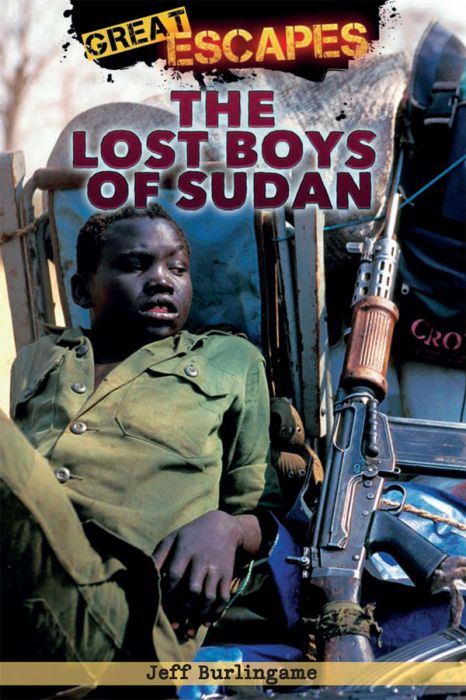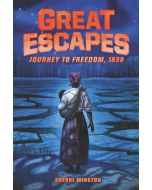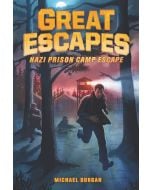
Series Great Escapes By Jeff Burlingame
9781608704750
The Lost Boys of Sudan
 12
12
|
Standard MARC Records Cover Art |
Instructional Nonfiction Social Studies Grades 6-8
Instructional Nonfiction Social Studies Grades 6-8
Instructional Nonfiction Social Studies Grades 6-8
For Grades 6-8
This 12-book collection provides accessible, thought-provoking nonfiction covering topics like biography, history, civics, social issues, careers, and media. With engaging, age-appropriate language, these selections encourage critical thinking and help students connect with the world around them.
Interests
Biographies, Nonfiction
-
 Across the Minefields: Great Escapes #6
Across the Minefields: Great Escapes #6Hi-Lo PG Middle/High
August 2021
POTENTIALLY SENSITIVE AREAS
Violence: War/Harsh Realities of War
 12.05
12.05
-
 Great Escapes #5: Terror in the Tower of London
Great Escapes #5: Terror in the Tower of LondonHi-Lo PG Middle/High
April 2021
POTENTIALLY SENSITIVE AREAS
Violence: General
 12.05
12.05
-
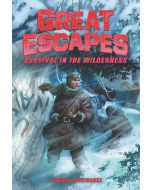 Great Escapes #4, The: Survival in the Wilderness
Great Escapes #4, The: Survival in the WildernessHi-Lo PG Middle/High
December 2020
POTENTIALLY SENSITIVE AREAS
Violence: General
 12.05
12.05
-
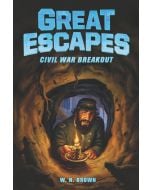 Great Escapes #3: Civil War Breakout
Great Escapes #3: Civil War BreakoutHi-Lo PG Middle/High
July 2020
POTENTIALLY SENSITIVE AREAS
Language: Infrequent Use,Language: Mild Language
 12.05
12.05
-
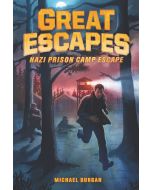 Great Escapes #1: Nazi Prison Camp Escape
Great Escapes #1: Nazi Prison Camp EscapeHi-Lo PG Middle/High
April 2020
POTENTIALLY SENSITIVE AREAS
Violence: War/Harsh Realities of War
 12.05
12.05

